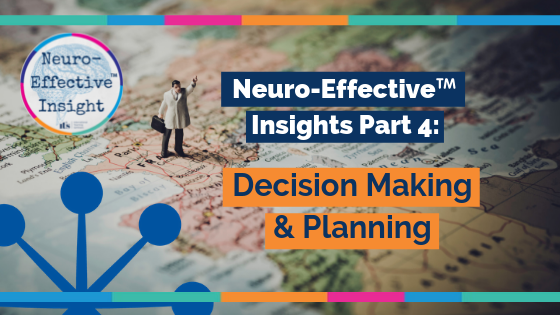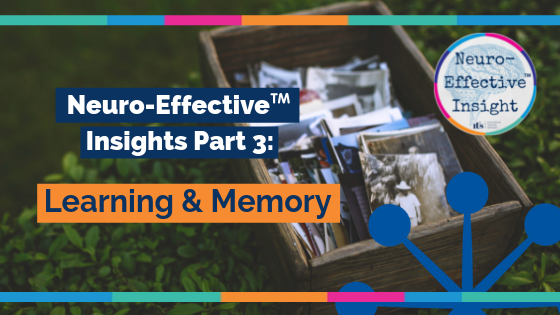Have you ever wondered ‘Why leadership is important in all walks of life’?
Whether you answered yes or no, if you want to unlock more of the leader within, then sitting with this question could just be the key to becoming more of the leader you really are.
In this blog we will explore what leadership could really mean for you and why it is important in different roles, by questioning the different identities of leadership. Our aim is to help you reveal more of the leader you really are – even if you don’t consider yourself to be one.
First let’s look at an Oxford Dictionary definition of leadership:
‘The action of leading a group of people or an organisation’.
If we unpick this example, then we can see that it is:
- A verb: Leadership is an act of doing.
- Expressed as part of a group dynamic: In this definition it is specifically about leading others. We think it’s more than this, more about this below.
- Defined in a professional context: Let’s pretend we are playing a Word Association game here… if I say ‘leadership’ it is very likely you will then think of ‘organisational leadership’ directed by a company/government. But is this the only example where leadership is important? We don’t think so…
How does this definition sound to you?
For us we believe that leadership is more than this. We believe it is a dynamic word that incorporates more of you and is far greater than the limits described.
Let’s explore this further…
1). Leadership is a verb
Leadership is a set of actions or put another way a set of skills. The good thing about ‘skills’ are that they can be learnt and nurtured.
We have written a list of some leadership skills below, this isn’t a definitive list. But the point of looking at these skills, is to identify the many things you are already doing that make you a ‘leader’ whether you identify as one or not. This is mostly because leadership can also be described a way of ‘being’ – how you navigate through your day-to-day.
A checklist: Leadership skills in action
How many of these do you possess?
- Decision making: To look at the information presented and to decide upon a direction in a timely manner.
- Perspective: To look at the bigger picture though various filters.
- Emotional regulation: To manage your own emotions or to display suitable emotions in a given situation.
- Rapport: To engage with a multitude of people to build a relationship.
- Trust: To have trust in yourself and in others that they are capable and/or doing their best.
- Comfortable with the unknown: To confidently make decisions without knowing the full scale of an outcome and trusting that it will be okay.
- Inspirational and influential: To be a role model and have an impactful effect on your team and/or the people around you, for them to learn, dream and create.
- Lead by example: To be the change you want to see, by displaying congruence between your words and actions.
- Communication: To adopt an effective way of passing on information and listening to others.
A key thing to consider as well is that leadership isn’t just about actions, it is also about a mindset, because a mindset and actions are often intwined.
A leadership mindset can be present naturally within or grown with experience and can be actively nurtured like any of the other tangible skills listed above.
2). Leadership can be singular
You are the leader of yourself.
The way you lead yourself is arguably the most important version of leadership there is. This is because no one can live your life for you.
When you start to think of yourself as the leader of your life, you feel empowered and reminded that you have choice and agency.
“Self-leadership is the practice of understanding who you are, identifying your desired experiences, and intentionally guiding yourself toward them. It spans the determination of what we do, why we do it, and how we do it.” – Maike Neuhaus, Ph.D.
This type of leadership is about leading within, by listening to the guidance inside you, by honoring and caring for yourself to make daily decisions (big and small) which move you forward to reach your own goals.
When you know how to lead yourself, you are also better at leading others, because you have more available within. Explore more of this in our free chapter download from the book ‘Manage Yourself, Manage Your life’ by ITS founder and author Ian McDermott by clicking here.
3). Professional AND PERSONAL leadership
Why professional leadership is important:
A leader within business moves the goals of a company forward through the actions of their workforce. The focus here is on the success of the business.
This might seem crude but money makes the world go round, our livelihood and the economy depend on it.
A good leader however will be someone who understands that the definition of ‘company’ is not just a ‘commercial enterprise’ but as a collective of people.
“Leadership is helping people succeed, inspiring and uniting people behind a common purpose and then being accountable.” — Paul Polman, Former CEO, Unilever
If you chunk it down:
- Business is about leadership.
- Leadership is about teams.
- Teams are about people.
It all comes down to people and the way they are managed, inspired, directed, listened to, valued, supported, the list goes on…
Why personal leadership is important:
Whatever your family looks like and whatever role you play, you will probably find that you are influential in leading your family and friends.
“A parent needs to lead his or her children. A partner within a relationship will, if the relationship is to be balanced and work, have times of being the leader and other times of being led.“ — Ian McDermott
Studies also show that the type of leader you become as an adult can be determined by the type of upbringing you have had “What leader are you? It depends on your parents”.
This is often because our parents/caregivers are our first role models, as children we observe their actions to make sense of the world and to learn how-to operate within it.
What did you learn?
Did you find you were more of a leader than you thought? Or did you discover what type of leader you are?
However you lead it is key to know that we are not all born leaders – but you do have the choice to develop your skills. And nor may leadership be your full-time role, however there will always be times in our lives when we look to others for direction, guidance and support. On occasions there may also be a time where you are the one leading as well as someone who is being led.
If you want to explore more of yourself and develop interpersonal skills and cultivate a leadership mindset then explore our upcoming events here.





Leave A Comment